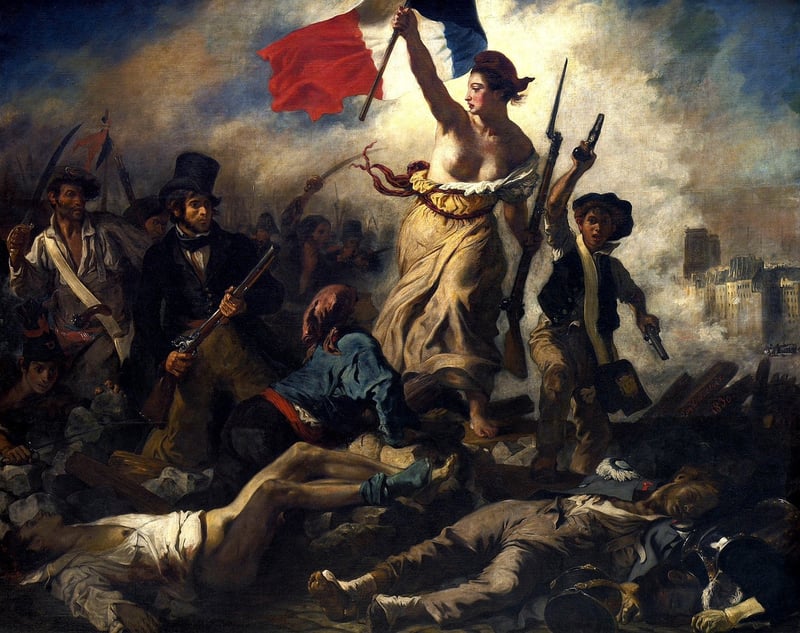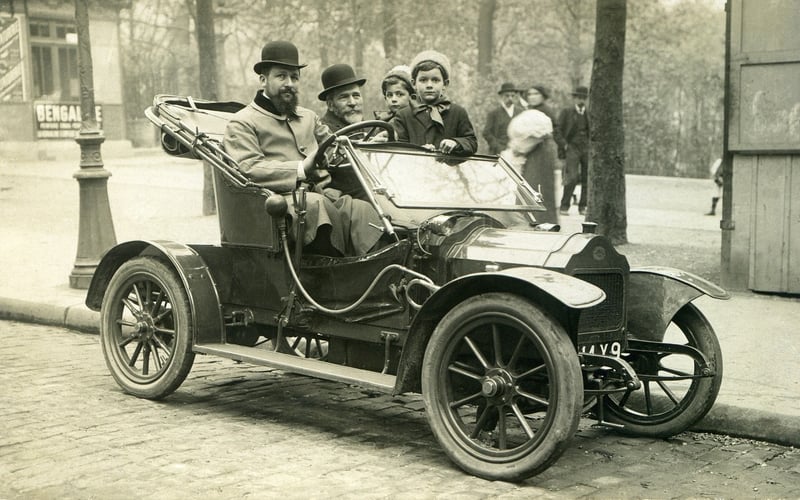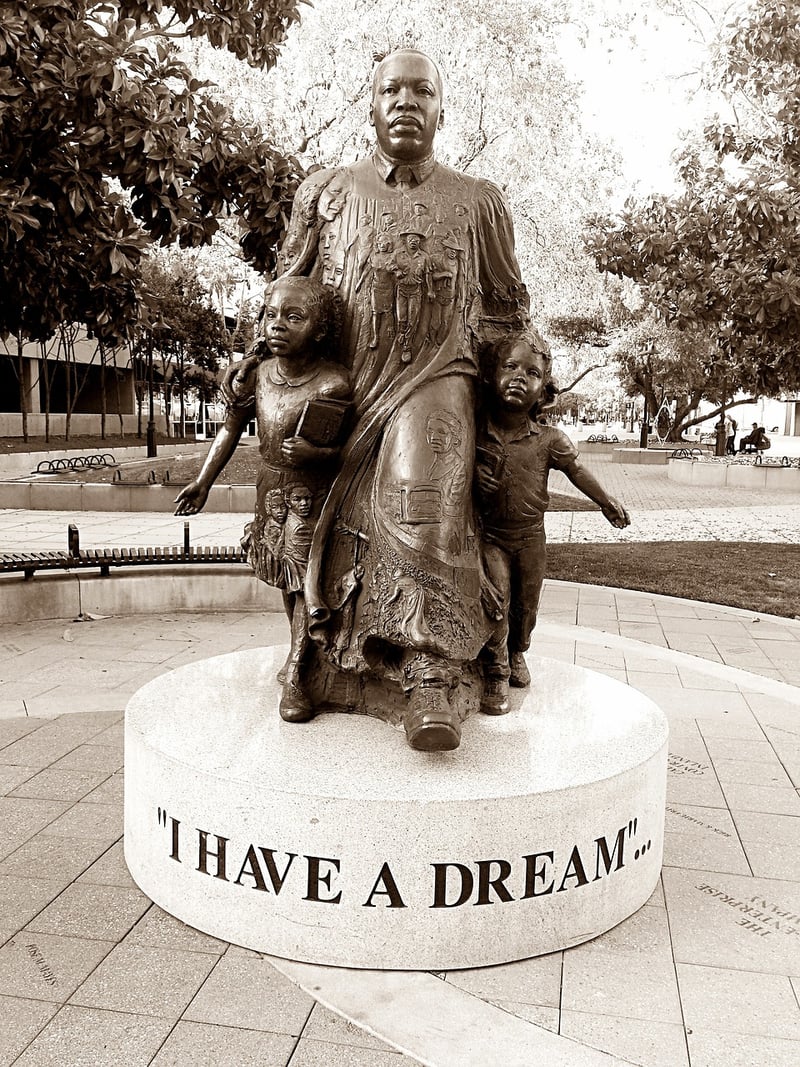Revolutionary Events
Revolutionary Events: Pivotal Moments in History
Throughout history, there have been several revolutionary events that have shaped the course of nations and societies. These pivotal moments have often led to significant changes in political, social, and cultural landscapes. Let's delve into some of these key events that have altered the course of history:
The American Revolution (1775-1783)
The American Revolution marked the beginning of the United States as an independent nation. It was a pivotal moment in history when the thirteen American colonies rebelled against British rule, leading to the Declaration of Independence in 1776 and the eventual defeat of the British forces in 1783.

The French Revolution (1789-1799)
The French Revolution was a period of radical social and political change in France that had a lasting impact on the country and the rest of the world. It led to the overthrow of the monarchy, the establishment of a republic, and the Reign of Terror, ultimately culminating in the rise of Napoleon Bonaparte.

The Industrial Revolution (1760-1840)
The Industrial Revolution was a period of rapid industrialization, technological advancement, and urbanization that transformed economies and societies. It marked the shift from agrarian and handicraft economies to industrial manufacturing, leading to significant changes in labor practices and living standards.

The Russian Revolution (1917)
The Russian Revolution was a pair of revolutions in Russia in 1917 that dismantled the Tsarist autocracy and led to the rise of the Soviet Union. The February Revolution overthrew the Tsarist government, while the October Revolution established the Bolsheviks as the ruling party, setting the stage for communist rule in Russia.

The Civil Rights Movement (1950s-1960s)
The Civil Rights Movement in the United States was a social movement aimed at ending racial segregation and discrimination against African Americans. Led by prominent figures such as Martin Luther King Jr., it resulted in landmark legislation, including the Civil Rights Act of 1964 and the Voting Rights Act of 1965.

These revolutionary events serve as reminders of the power of collective action and the enduring impact of individuals and movements on the course of history.
